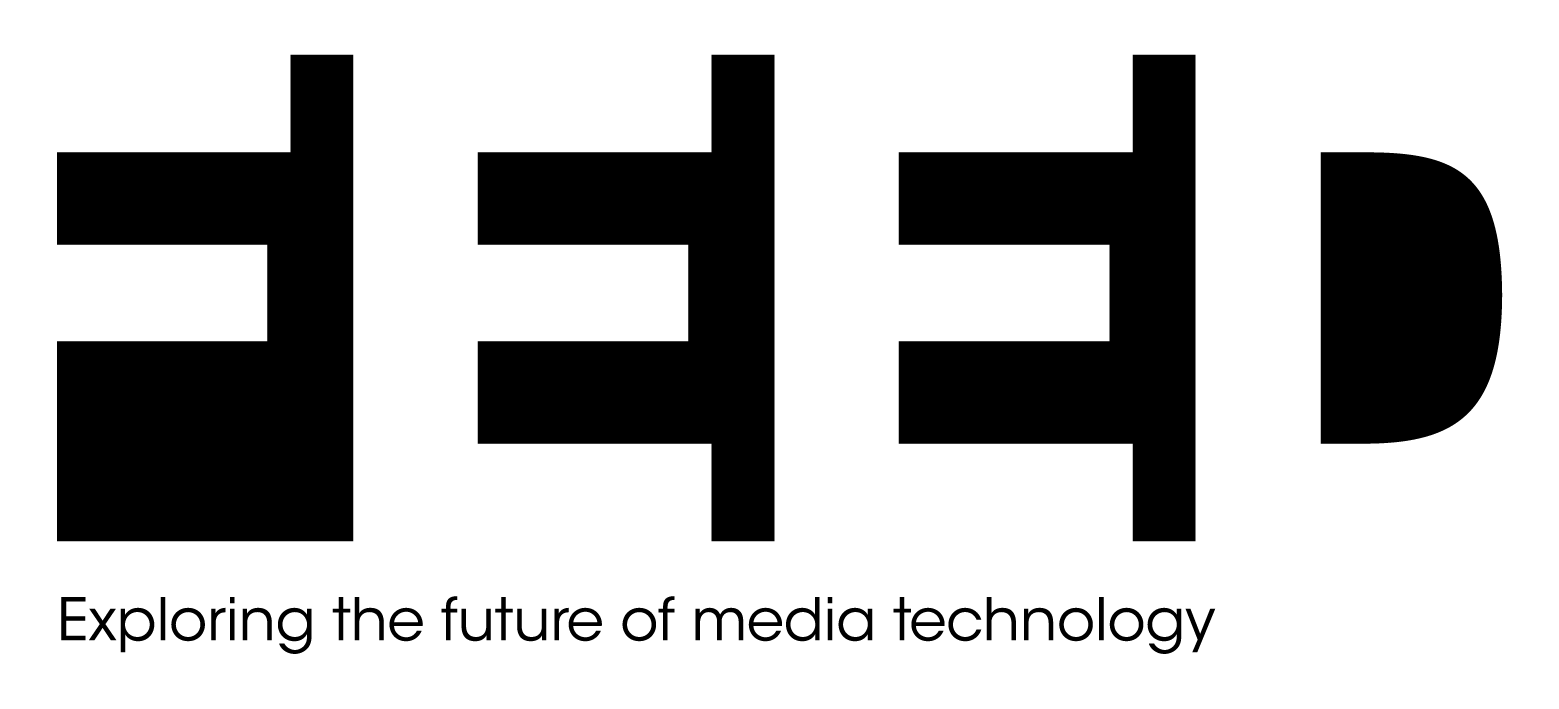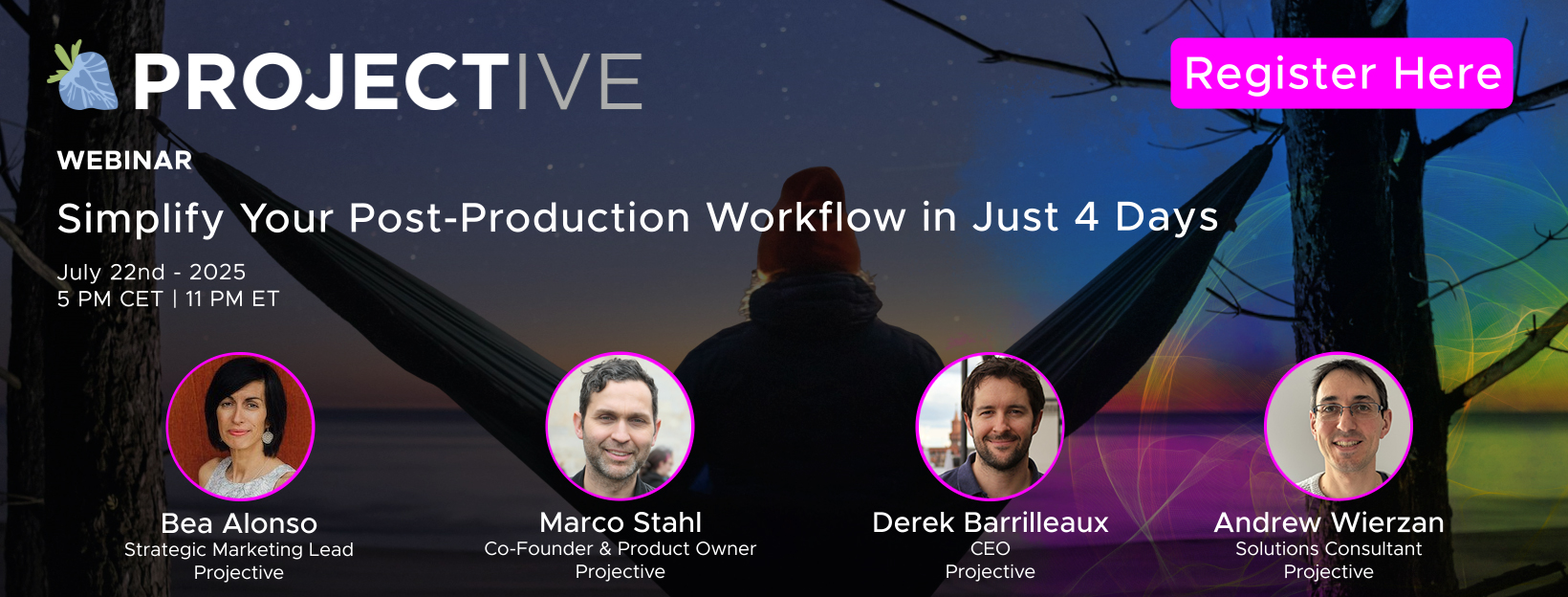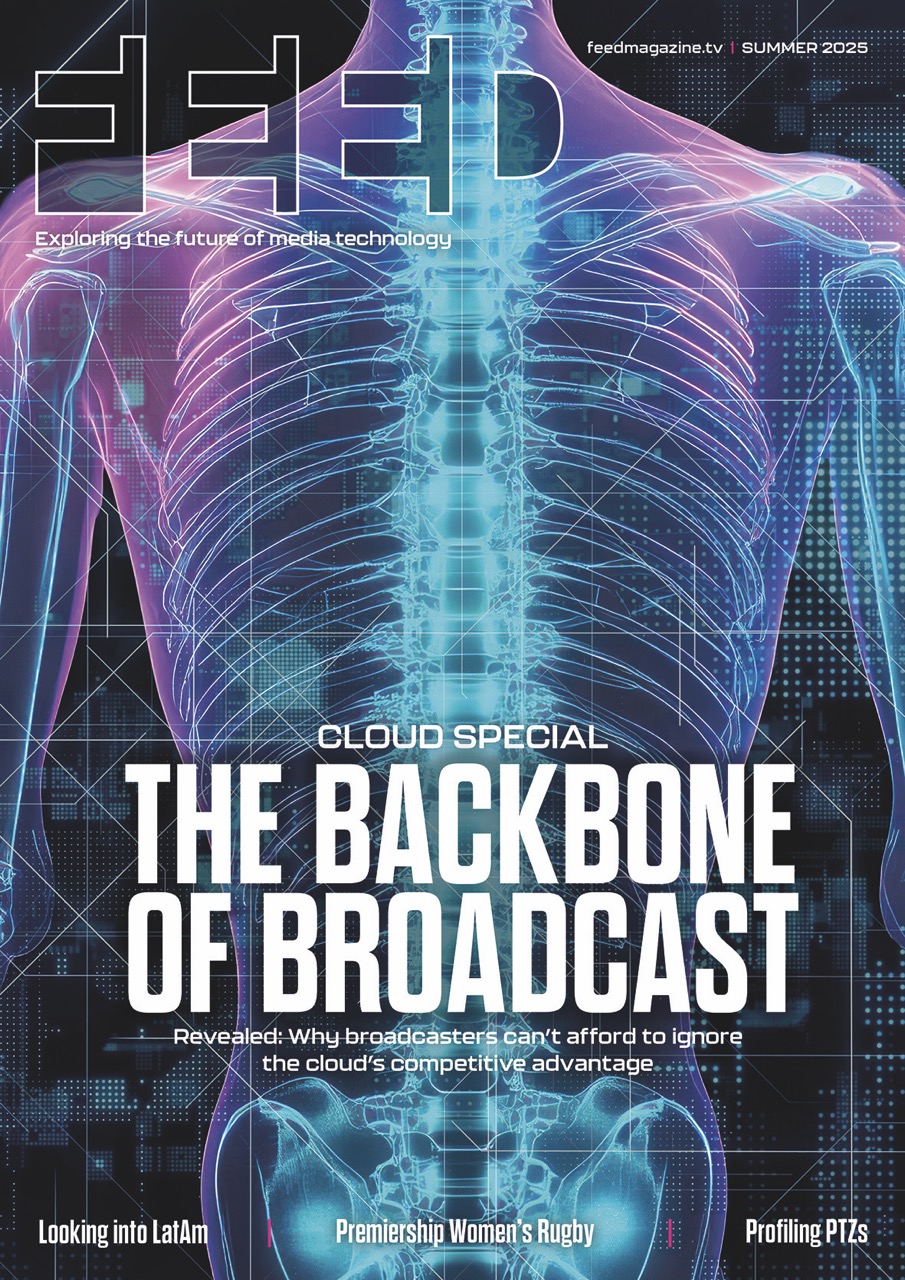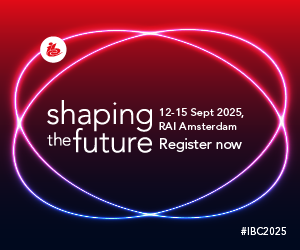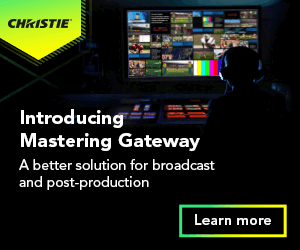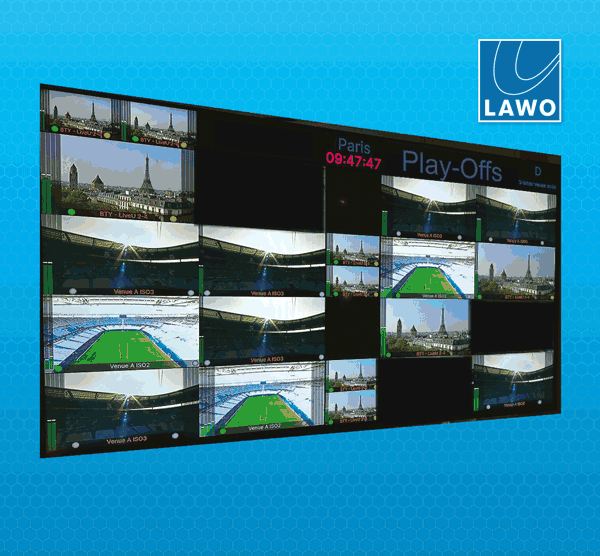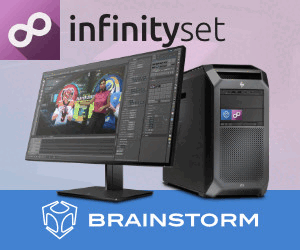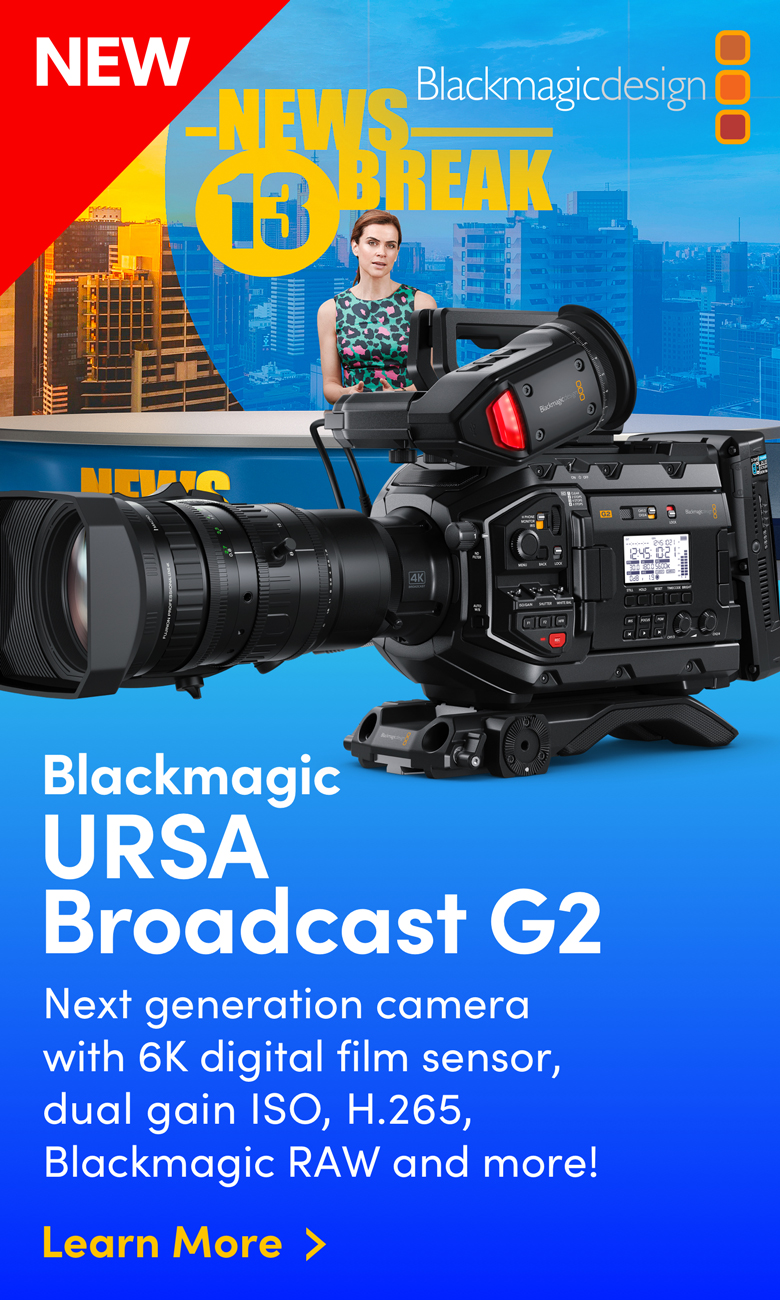Genius Interview: Richard Halton
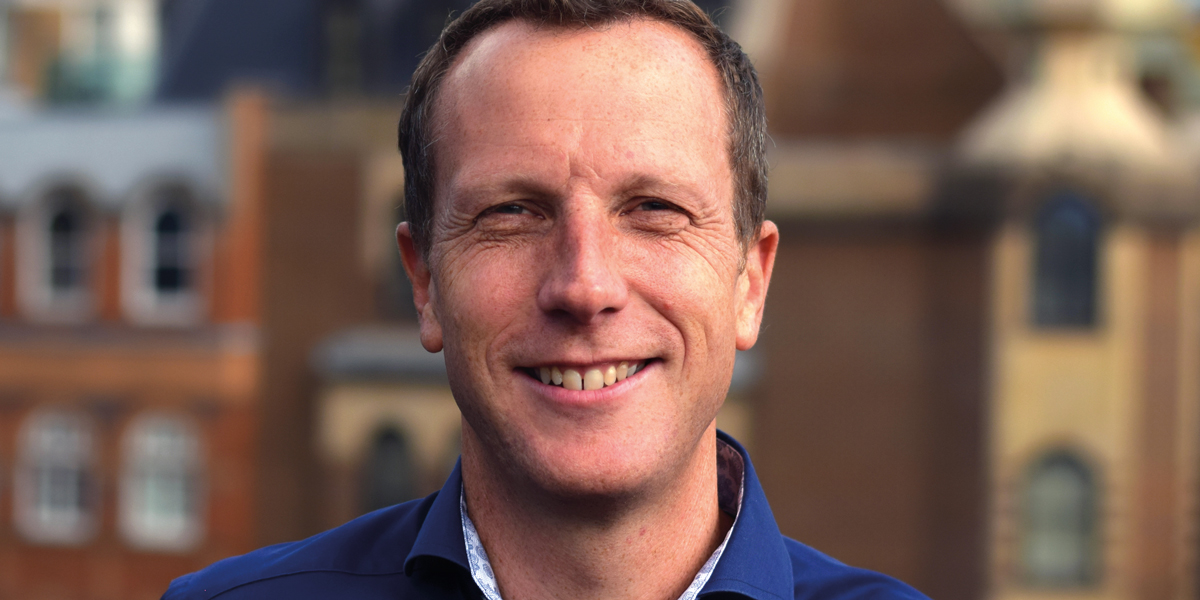
Posted on Jul 11, 2024 by FEED Staff
Having held positions at the BBC, as founding chief executive of Youview and also Origin, Roku΄s UK managing director Richard Halton is a fountain of insight and expertise on the TV and advertising landscapes. He joins FEED to reflect on his career journey through the broadcast and media industries, sharing his thoughts on the future of ad tech and viewer habits.
FEED: How did you get into the broadcast space?
RICHARD HALTON: I started work in retail consulting, which became useful later, but my media career began at the BBC in the late nineties, just as the digital revolution was taking shape. Working initially on channel and commissioning strategy, I immersed myself in broadcasting, using my knowledge of audience trends to help give direction as we developed a digital channel portfolio, working with creative, commissioning and scheduling arms.
Working on the BBC TV portfolio gave me great perspective on the forces shaping the broadcast sector. I started to see how I could help connect the dots between emerging technology and the future of television.
What was your time like at the BBC, which was followed by Youview?
I started my career at the BBC in the strategy and marketing team, working with channel and commissioning teams. I worked on the new digital TV portfolio, in particular BBC Three, and was part of the BBC One team that overtook ITV as we invested in drama and moved the nightly news to 10pm. It was a big deal back then – when schedules meant everything. I became controller of TV strategy in 2003. I then co-led an editorial strategy review of the whole BBC for the new director general and went on to establish a business strategy function, responsible for partner relationships, commercial, distribution and platform strategy.
The work I did at the BBC felt incredibly dynamic; it was about bringing the transition to digital. I was responsible for the BBC’s first YouTube deal in 2006 and we saw how online platforms would become more important in how audiences choose what to watch, alongside big launches of our own like BBC iPlayer in 2007. The key was always keeping tabs on the changing consumer, competitive and technological landscape and evolving how we reached audiences.
I was at the BBC until 2008 and, after two years of developing Project Canvas, initially with ITV and BT, I became the founding chief executive at Youview, helping to shape the initial joint venture, launch and scale the platform to three million UK homes with over 200 staff.
The track record of innovation speaks for itself – Youview is still arguably best in class for content delivery and discovery and has held continued importance for the UK TV platform ecology.
Next, could you tell us about your experience at Origin?
I joined Origin in 2019, an advertiser-backed project to develop a platform that measures advertising campaign impact across media. Working initially with Google and Facebook, the work meant connecting a huge ecosystem of advertisers, platforms and agencies. We developed a blueprint for a global technical solution, called Halo, and a UK business framework, which became Origin.
Working with a great team and motivated partners, we developed a technical prototype and funding model. That allowed us to take the work from a conceptual framework to a blueprint for implementation, and we secured funding to enable the work to progress to launch.
Could you tell us a bit about Roku and what its mission is right now?
Roku pioneered streaming to the TV. Today, our TV streaming platform is used by more than 80 million consumers across the world. We connect users to the streaming content they love, enable UK public service broadcasters (PSBs) and other content publishers to build and create value from large audiences, and provide advertisers with unique capabilities to engage consumers.
The foundation of our platform is Roku’s operating system – the Roku OS – which is purpose-built for TV streaming. From the Roku home screen, users have access to thousands of channels and powerful universal search capabilities, which make it simple for our audiences to find the entertainment they are looking for.
At Roku, our mission is clear – to be the streaming platform that connects and benefits the whole TV ecosystem. Our focus is on constantly evolving the way audiences discover fantastic content experiences, and how retailers, content partners, TV brands and advertisers unlock the value within the evolving streaming ecosystem.
Could you talk us through the evolution of personalisation in UK TV and how streaming will become a linchpin of that?
Personalisation has had a chequered past. I joined the BBC just after they completed their ‘100 tribes’ research and at one point the plan was to match services to audiences – an expensive race for ‘digital shelf space’, which happily was overtaken by the new capabilities of technology, with streaming platforms emerging as the conduit for personalised content delivery. In the past, viewers were constrained by fixed schedules and limited choices. The advent of streaming marked the beginning of viewer freedom, where individuals (and content owners) could curate and evolve the viewing experience themselves.
Central to this shift is the role of streaming platforms as facilitators of personalised content discovery. Using intelligent recommendation and robust viewer data, platforms can improve the content experience based on individual preferences and viewing habits and the ability to source programmes from across content partner services. Whether it’s suggesting a new series based on past viewing history or surfacing niche content based on specific interests.
The on-demand nature of streaming and the vast content libraries has also democratised access to diverse content that caters to a wide range of tastes and interests. The breadth and choice of content available has never been greater.
Is there a need for greater industry collaboration to deliver world-class TV experiences for consumers?
Absolutely, the need for industry collaboration has never been stronger. The UK TV industry thrives on collaboration between technology providers, media owners, infrastructure providers and government bodies. By working together, we can innovate faster, improve content delivery mechanisms and explore new advertising opportunities.
In my view, the pace of collaboration needs to accelerate. Collaboration fosters a dynamic ecosystem where stakeholders can leverage each other’s strengths to drive growth and innovation. As the guardians of UK television, the public service broadcasters play a crucial role, ensuring that the best entertainment is produced and distributed both domestically and internationally.
Can you explain the next evolution in content discovery and how data and AI will drive that change?
The next step in content discovery is set to be driven by the convergence of data analytics and artificial intelligence technologies. Traditionally, content discovery has relied on static programme schedules and rudimentary recommendation algorithms, limiting viewer choice and personalisation. However, the advent of AI-powered content discovery promises to fundamentally change the way audiences engage with TV content by delivering hyper-personalised, contextually relevant recommendations tailored to individual preferences.
At the heart of this evolution is the ability of AI algorithms to analyse vast amounts of viewer data in real time, extracting actionable insights that inform content recommendations and user experiences. By leveraging machine learning algorithms, streaming platforms can decipher complex patterns in viewer behaviour and engagement metrics, enabling them to deliver highly targeted content suggestions across a variety of genres and formats.
At the end of the day, these are only tools. We still rely on the instincts of commissioners and the genius of programme makers to develop the next generation of content experiences. And there is a role for curation, marketing and publicity to create an event around a new show or tap into a social or political trend.
What do you think the future holds for personalisation tools within broadcast?
The application of technology goes beyond content discovery. AI-driven innovation will continue to play a pivotal role in enabling broadcasters to deliver highly targeted and engaging content to audiences.
From advanced recommendation algorithms to interactive features such as shoppable adverts, personalisation tools will enable broadcasters, brands and content owners to build deeper connections with viewers while maximising engagement and retention. Personalisation tools are expanding beyond recommendations to include interactive features such as shoppable adverts and dynamic advertising insertion. These tools enable broadcasters and advertisers to create immersive, interactive content experiences, creating deeper engagement opportunities.
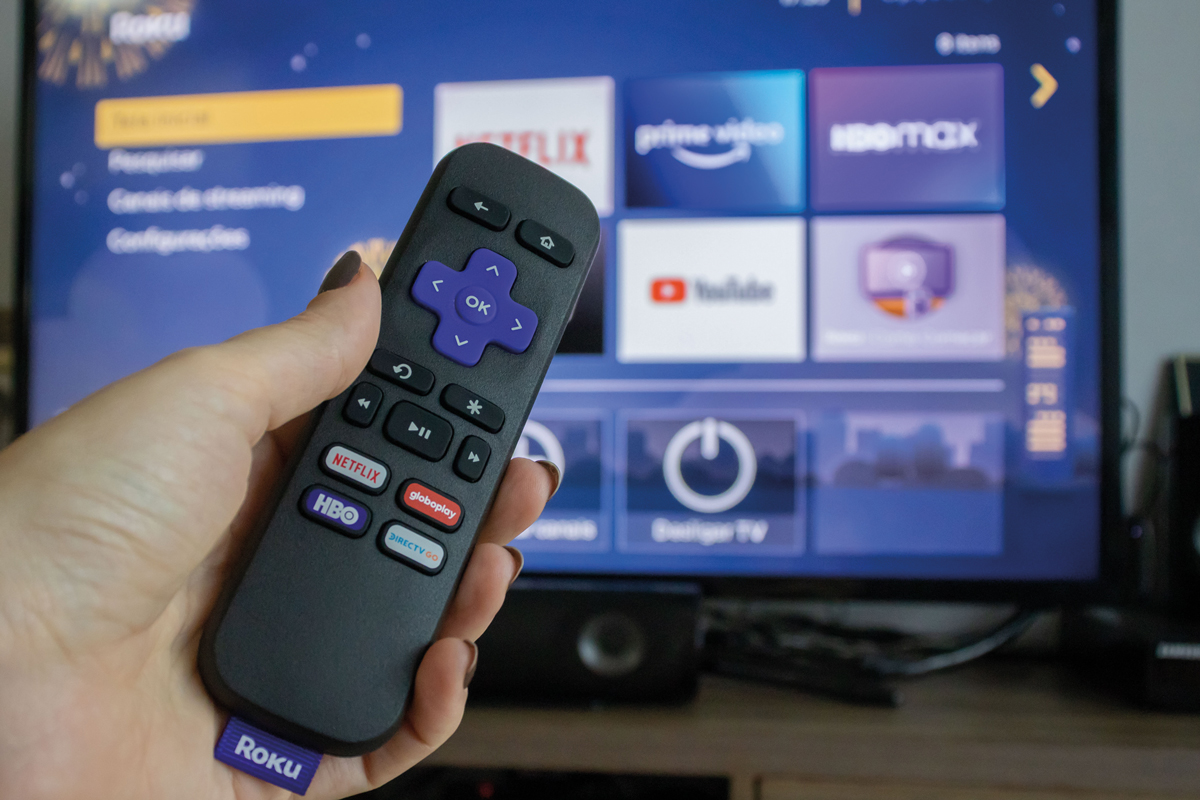
A brief history of Roku
In the mid-nineties, Roku founder Anthony Wood faced a problem: how to record his favourite show, Star Trek: The Next Generation, without the frustration of physically taping each episode and managing a growing collection of videotapes. After spotting an ad for hard drives in his local newspaper, Wood was inspired and invented the DVR (digital video recorder).
But in solving one problem, Wood saw an opportunity to solve others: what if it were easier for viewers to watch what they want, when they want? What if there were a better way for more creators to deliver great content to the audiences that they want to reach? And what if marketers could unlock greater value by combining the power of TV with the precision of digital advertising?
In the early 2000s, more than 80% of households in the US were connected to traditional paid TV services offering hundreds of channels. While some might have assumed the future of TV had arrived, Wood believed the internet held the potential to transform TV.
Nevertheless, to make that vision a reality, the TV itself would need to have an operating system. This led Wood to create the world’s first and only purpose-built TV OS (operating system), transforming the TV set from a simple one-way receiver into an internet-enabled device connecting viewers to a growing library of content available online. Roku launched its first streaming player in 2008.
The streaming revolution now had a platform. Viewers loved it. Within six years, the company sold more than ten million devices. Roku now has tens of millions of active accounts worldwide. Roku’s US active account base has surpassed the number of US video subscribers for all cable companies combined. And Roku is the number one TV streaming platform by hours streamed in the US, Canada and Mexico according to Hypothesis Group, October 2021.
Programmers and content creators loved it. The years since Roku launched have witnessed, by far, the greatest explosion in content creation in history. Today, thousands of scripted and unscripted TV shows are distributed in the US alone, along with tens of thousands of others produced for audiences around the world. Many movies are produced with streaming audiences as the primary target. And creators of all types are finding opportunities to produce and distribute content over streaming platforms, finding audiences that they would never have been able to reach before.
Roku, too, is building its place in this blossoming creator economy through The Roku Channel, featuring its growing library of Roku Originals and hundreds of free linear channels. The Roku Channel is a top five channel on the Roku platform in the US by both active account reach and streaming hour engagement (as of Q2 2022).
As incredible as this transformation has been, the streaming revolution has only just begun. Today, only a portion of the world’s one billion broadband households are streaming. There continues to be a significant gap between the TV time consumers spend streaming and the budget that advertisers spend on streaming.
But make no mistake: the trend is clear. Roku believes that in the rapidly approaching future, all TV and TV advertising will be streamed. In fact, by 2028, analysts expect one billion more internet-connected TVs to be sold globally.
This transformation will accelerate as more and more TV manufacturers adopt a licensed OS. Just as the use of an OS unlocked the full possibilities of the personal computer and mobile phone, Roku’s purpose-built TV OS is leading the way in transforming the TV, making the experience of watching it easier and more joyful.
As more content moves to streaming, Roku’s licensed OS will give customers access to content they want, at prices they can afford, while creators will find new audiences and ways to engage them.
This evolution will be a time of endless opportunity for the entire TV ecosystem. Driving it will be the same spirit that started it all. An engineer’s love of problem-solving; the creative desire for more and better content; a conviction that immense value remains waiting to be unlocked; and underpinning it all, a fundamental love of TV.
This feature was first published in the Summer 2024 issue of FEED.
